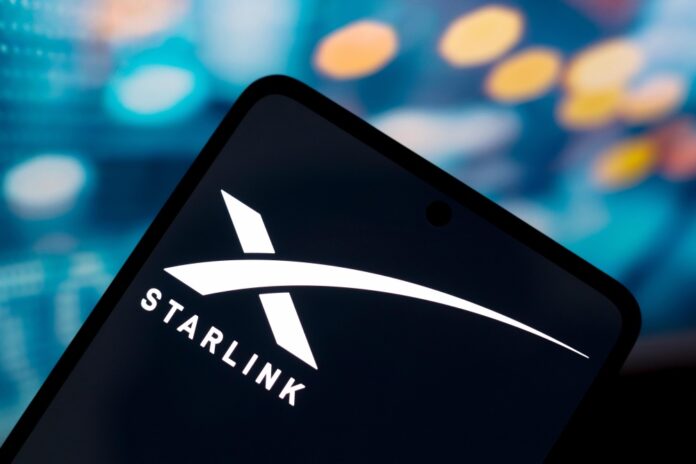Regulations in Elon Musk’s native country insist overseas firms must have 30% South African ownership, which the US-based billionaire says are “a barrier”
Starlink, the satellite-based internet service created and run by the world’s richest man, Elon Musk, has so far failed to strike a deal in South Africa where he was born. Starlink’s parent company is SpaceX and South Africa is the continent’s most industrially advanced nation. Its President, Cyril Ramaphosa, also seems keen to strike a deal, meeting Musk in New York last year.
The sticking point is that South African regulation stipulates that an oversea company must grant 30% ownership by groups that have been historically disadvantaged, which overwhelmingly means South Africa’s black population. In March Musk claimed via his social media platform X, “Starlink can’t get a license to operate in South Africa simply because I’m not black”.
This has been rebutted, most notably by Clayson Monyela, a spokesperson for South Africa’s foreign ministry, who replied in a post also on X, “Starlink is welcome to operate in South Africa provided there’s compliance with local laws. This is a global international trade and investment principle. There are over 600 US companies investing and operating in South Africa, all complying and thriving. Microsoft just announced additional investments yesterday.”
Success elsewhere in Africa
Nigeria was the first African country to grant Starlink an operating licence in January 2023 and it now operates in about 20 African countries, having recently added Guinea-Bissau, Somalia and, earlier this month, Lesotho.
Lesotho granted Starlink a 10-year licence to operate a satellite network and provide satellite internet services. This was in the wake of Lesotho being hit by a 50% tariff on imports to the US by President Donald Trump. The President backtracked and said the tariff would be lowered on a temporary basis.
On 5 March 5, the US President suggested in a speech to Congress that Lesotho is a country “no-one has heard of”. SpaceX submitted its application for an operating licence in Lesotho a year ago but it was opposed by a number of civil activist groups. One of their chief objections was relying on a service that was entirely owned by an overseas company.
Aljazeera has drawn a parallel with another larger-than-life South African, Joshua Norton, who was determined to be part of the US’ story. In 1859 Norton declared himself “Emperor of the United States”. He made zero progress in his bid to assume power, but he didn’t provoke a backlash either. Instead “he was way ahead of his time on human rights issues,” according to John Lumea, founder of the Emperor Norton Trust.



